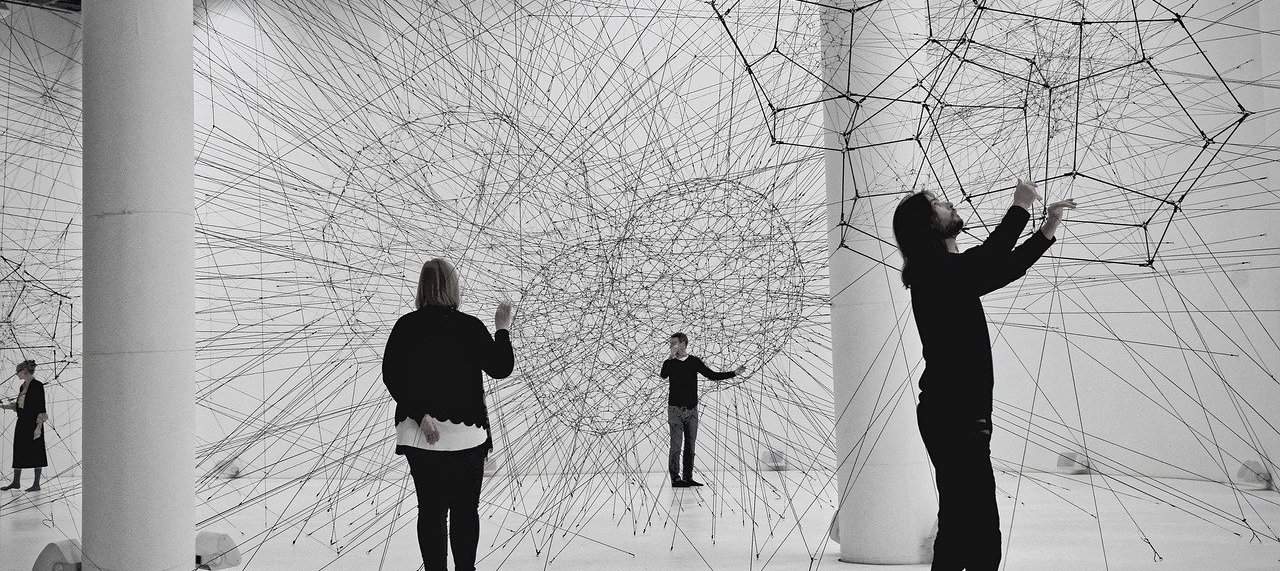
2020 has been a year that tested our resilience and forced us to reflect on the delusion of decoupled growth. In what unveiled as the biggest humanitarian, environmental, economic, political and social crisis, world was gripped through a multitude of events from raging bushfires in Australia, unrest in Hong Kong, India and Chile, ceasefires in the middle east, and a globally engulfing pandemic. This transcendental, transnational and transitional nature of challenges was perhaps a disturbing retort to an inward looking world driven by nationalistic fervors. In the words of United Nations Secretary-General Antonio Guterres, “Multilateralism is precisely under fire when we need it the most”. This clarion call on need for more than transient solutions is also a reminder to rethink growth and development.
Avoiding the Road to Perdition
Despite the harrowing picture, humanity can still delay the grim reaper if we fundamentally change the way we tackle problems. We can no longer afford quick fixes and in-silos solutions that do the mere damage control. We need a karmic retribution to own up to the historic damages and opt for sustainable and preventive measures as a penance. Sustainable Development Goals (SDG) 2030 reminds us that we have just a decade to do so and any more procrastination will be apocalyptic. According to Global Extreme Poverty data, more than a third of the world lives on more than 10 dollars a day which is a significant improvement from the start of the millennium. The increased productivity and expanding middle class have indeed helped reducing absolute poverty levels, which is a good start. However, is this pace enough? World Bank Data Lab projections state that if the economic growth of the last decade continues the extreme poverty population will stand at 500 Million by 2030. Mobilizing governments, businesses and communities to recouple economic growth with social and environmental prosperity should be an inevitable step in this direction.
The Inevitable Hour of Innovation
Innovation in the 21st century has always been associated with generating economic value. Hence the word has been synonymous with corporations and industries in an outwardly profit-motivated manner. In this journey, we have quite forgotten the social and humanitarian nature of innovation. The role of M-Pesa in improving financial inclusion in Kenya and promoting solidarity during 2008 election crisis is one of the most heart-warming examples of innovation we have witnessed in the last decade. Disruptive innovations in emerging economies can not only solve development challenges but also create a circular economy. Inclusive business models with community at the heart, social entrepreneurship, and shared value business are realignments that can forge a holistic development. Often misconstrued and considered synonymous with heavy technological reliance, we tend to forget the power of communities as problem solvers in their own rights. Sometimes the simplest disruptions can be an enhancement of value chain thereby enabling access, creating livelihood opportunities and reducing inequalities. Industries and Corporations can also invest their capital and resources in developing social business models that create a shared value over profit value as a motive.
This calls for industries to learn from retrospective analysis and developing a future back planning to devise a purpose-led/impact-led business rather than market efficiency at its heart. Redefining purpose, enhancing ecosystem of stakeholders, creating a value chains and impact-oriented investments are the frameworks that should be enabled in this journey. For policymakers and international organizations like the United Nations, an important role in this 21st century remains on how to channel entrepreneurship and innovation to create regional and national action plans. Such symbiotic measures can help us share the burden, reduce redundancy and improve efficiency apart from impacting SDGs.
Collaboration, Not Isolation
An innovation of this level cannot be obtained by a single stakeholder alone. Collaboration is crucial with respect to the transboundary and transdisciplinary problems of these days. In the SDG 2019 Progress report, it was noted that despite pledges to boost financing, developmental assistance has fallen by 2.7% and aid to Africa has fell by 4%. Effective resource mobilization for impacting challenges is only a mere 18% in emerging economies. The need for collaboration to go beyond a buzzword to fostering collaborative innovation can no longer be delayed. The need for an inherent reinstallation of the principles of collaborations at all levels of stakeholders – including individual, local and global. The need for policies to be Glocal (global at heart and local in action) should be the new order of multilateralism today.
For governments, Public-Private-Community Partnerships are the answers to their resource, budgetary and implementation crisis. For industry and investors, impact investing in alignment with SDG is the answer to sustainable business. 60% of CEOs surveyed say that addressing global challenges will provide greater growth opportunities than a risk to the business over the long term. For communities, being a problem solver at heart can improve not just their problem but also generate a livelihood while at it.
Better Now Than Never
We stand at a strategic crossroads where the actions of the next decade will pave the way to witness if it is still late to save our planet. We can no longer afford the business as usual and a definite pivot from our current order is required. The next decade of growth should be value-based, holistic, and human-centric enough to help us navigate the damages done so far. For this, problem solving should have humanitarian values as focus. A world, where a difference of opinion leads to intolerance and need leads to greed, is being witnessed mainly because of abeyance from fundamental human values. As in Ubuntu humanity is indeed bound up in one another, and any tear in the fabric of connection between us must be repaired for us all. It is time that human potential and human values move from being just esoteric philosophies to a guiding light in recreating a path of sustainability and interconnectedness.
In words of Indian poet Kuvempu : “O my consciousness, transcend all boundaries”.
An article by Anaswara Kovithal, YGC 2020.
___
The views and opinions expressed in this article are those of the author and do not necessarily reflect the views of the Global Solutions Initiative.
___

Anaswara, a Young Global Changer of 2020, is a partnership building professional and currently a Masters in Public Policy student at Hertie School of Governance, Berlin. At Gramin Health Care (GHC), she has created an army of women health ambassadors and entrepreneurs who are now championing last mile delivery of healthcare in India. As a Partnerships and Strategic Alliances lead at GHC, she has had the first-hand experience of harnessing power of Governments and Industry in joining hands to impact health care access in rural India through social business models and partnerships.
